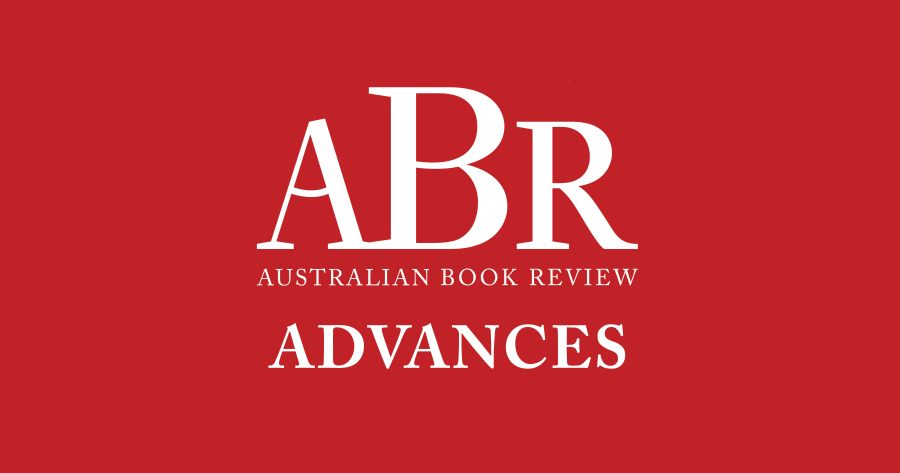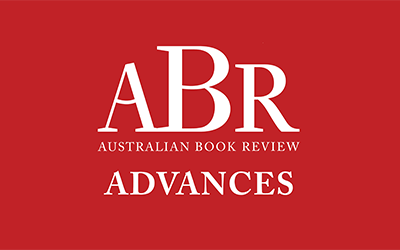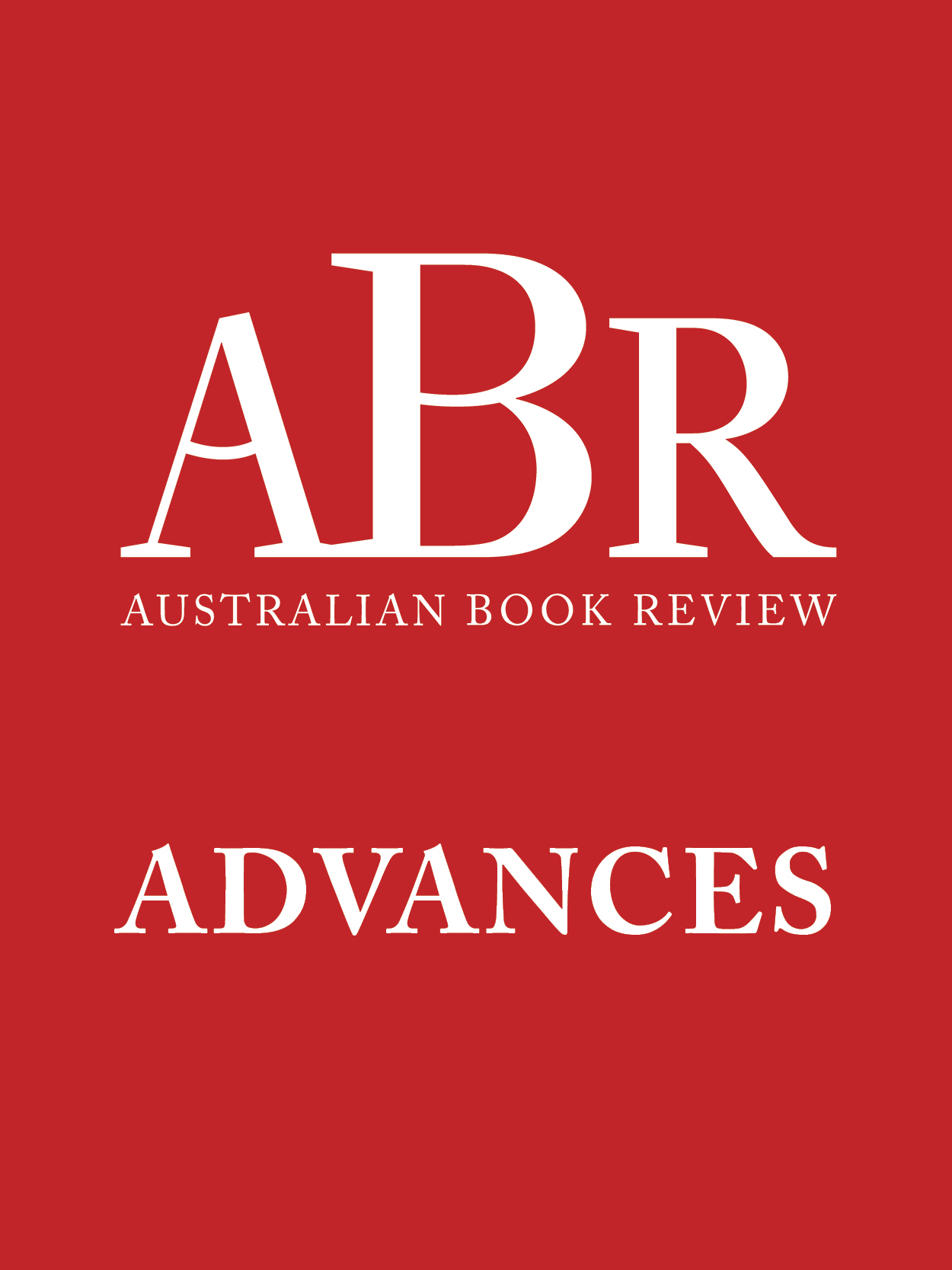
- Free Article: No
- Contents Category: Advances
- Review Article: No
- Article Title: Advances – October 2025
- Online Only: No
- Custom Highlight Text:
Advances, like many in the literary community, was shocked to hear that Meanjin would be publishing its final issue in December. Australia’s second longest-running literary publication was founded in 1940, in Brisbane, where meanjin derives from the Yuggera word for a place in the river where trade and cultural exchange has taken place for thousands of years.
- Featured Image (400px * 250px):

- Alt Tag (Featured Image): Advances – October 2025
Clem Christesen, who ran the magazine with Nina Christesen (née Maximoff), founder of Russian Studies at the University of Melbourne, moved the magazine in 1945 to that university, its new home and sponsor, where it has been ever since.
This move took place in a period when Australian literature had become a subsidised industry, after the Menzies government trebled its funding of the Commonwealth Literary Fund in 1939 and dramatically increased its support for writers, as well as little magazines and Australian publishers. From the subsidies sprang Australian writing that was, for the first time on any scale, read and bought in Australia and around the world. As Judith Wright remarked, in world terms this brought Australian poetry ‘out of complete insignificance to mere marginality’.
Meanjin, like ABR, recognised but was not defeated by its position of marginality. Literary magazines do something vital: as Booker prize-winner Peter Carey said on hearing the news of the magazine’s closure, they are a ‘breeding ground’ akin to mangroves, a place where writers start, craft, and experiment, a place where ideas are exchanged and tested, a place where writing and thinking is valued – where there is merit beyond the material and simply utilitarian. Christesen’s first editorial?
In an age governed by the stomach-and-pocket view of life, and at a time of war and transition, we still strive to ‘talk poetry’. For we believe that it is our duty to do so.
That Meanjin talked poetry for eighty-five years is a testament to the vision of its readers and supporters, to the dedication of its editorial teams, and to its stars: the writers.
Advances hopes that there can be a path forward for Meanjin. The literary magazine sector would be diminished by its loss. This is a sector that does something different to books, newspapers, and social media: it provides a space for considered reflection, cultural criticism, and creativity. It responds to the moment, but not in a moment. Let not this be a moment we regret, another place for cultural exchange we fail to defend.
ABR Prizes
Let’s keep talking poetry. This year’s Peter Porter Poetry Prize, in its twenty-second year, closes for entries on October 13. Worth a total of $10,000 in prize money, it will be judged by Judith Bishop (whose terrific review essay appears on page 24), ABR Poetry Editor Felicity Plunkett, and Anders Villani. The shortlisted poems will appear in the January-February 2026 issue and the winner will be announced at an event early in 2026.
The 2025 shortlist, made up of five stunning poems, was rounded out by Meredith Stricker’s winning poem, ‘The Vastness of What Poetry Can Do’. In her acceptance speech, the California-based poet sent this message: ‘While the writing of a poem may feel solitary, its trajectory and life are communal and inclusive’. At ABR, we are lucky to witness that moment when a poem passes from the solitary to the communal. Shortly after the Porter closes, the 2026 Calibre Essay Prize will open for entries – on October 27.
Peter Rose Editorial Cadetship
Last month, we reported that there had been seventy-six applications for this role, which has been generously supported by ABR Patrons. We were delighted to appoint Dr Carissa Chye, who holds a PhD in English Literature from the University of Sydney, where her research explored Frank O’Hara and the New York art scene of the 1940s, and a Master of Creative Writing, Publishing and Editing from the University of Melbourne. Carissa has in her first weeks already shown what an invaluable contribution she can make to Australian publishing. ABR is also fortunate to be joined by Finance Manager Kate Harrison, previously the General Manager at Island magazine and The Unconformity, who together with former Monash intern Annabella McManus-Cowie, provides ABR with superb administrative support.
Vale Charmaine Papertalk Green
Advances was sad to learn of the passing of esteemed poet Charmaine Papertalk Greeen. We are grateful to Cordite Publishing for allowing us to publish ‘Journey Beginning Things’ on page 16. In her introduction to Nganajungu Yagu (2019), the collection from which this poem comes, Anita Heiss wrote:
When the academy, the literati and festival directors discuss Australian poetry in the years to come, they should all have Nganajungu Yagu on the top of their lists, and Papertalk Green as a key voice in the poetic landscape.
In her own preface, Papertalk Green was clear about her creative source: ‘Nganajungu Yagu was inspired by Mother’s letters, her life and the love she instilled in me for my people and my culture.’ Aboriginal mothers are the subject of one of three new poems curated by ABR Poetry Editor Felicity Plunkett this issue. Plunkett sent Advances this message:
Wajarri, Badimaya, and Wilunyu poet, artist and academic Dr Charmaine Papertalk Green’s work wove advocacy, witness, and tenderness. Her collection Nganajungu Yagu exemplifies this, in its generous poetic witness of intimate connections, respect for ancestors, culture, and language. Her powerful vision of justice will continue to touch and inspire readers.



Comments powered by CComment